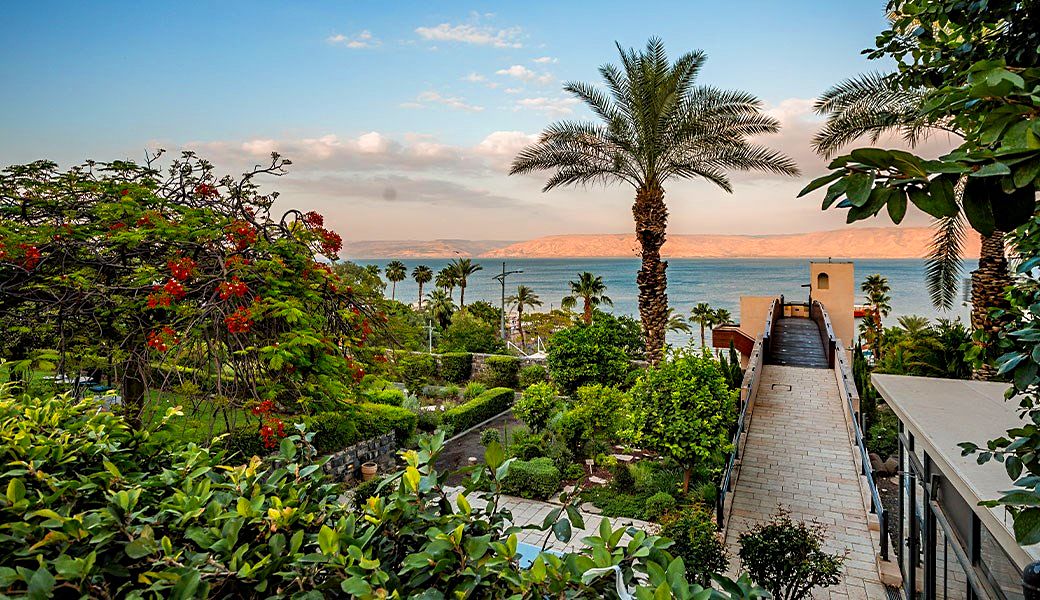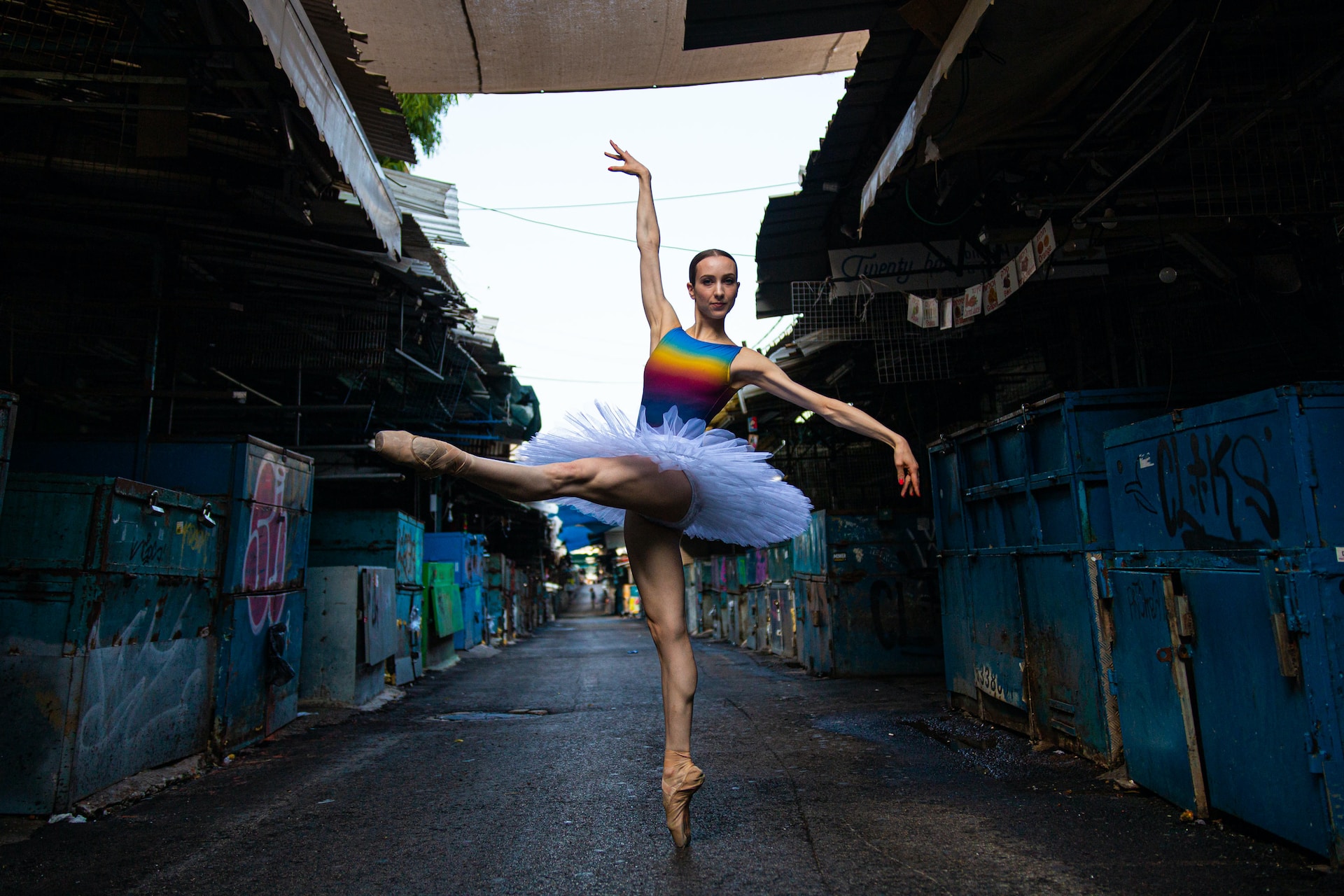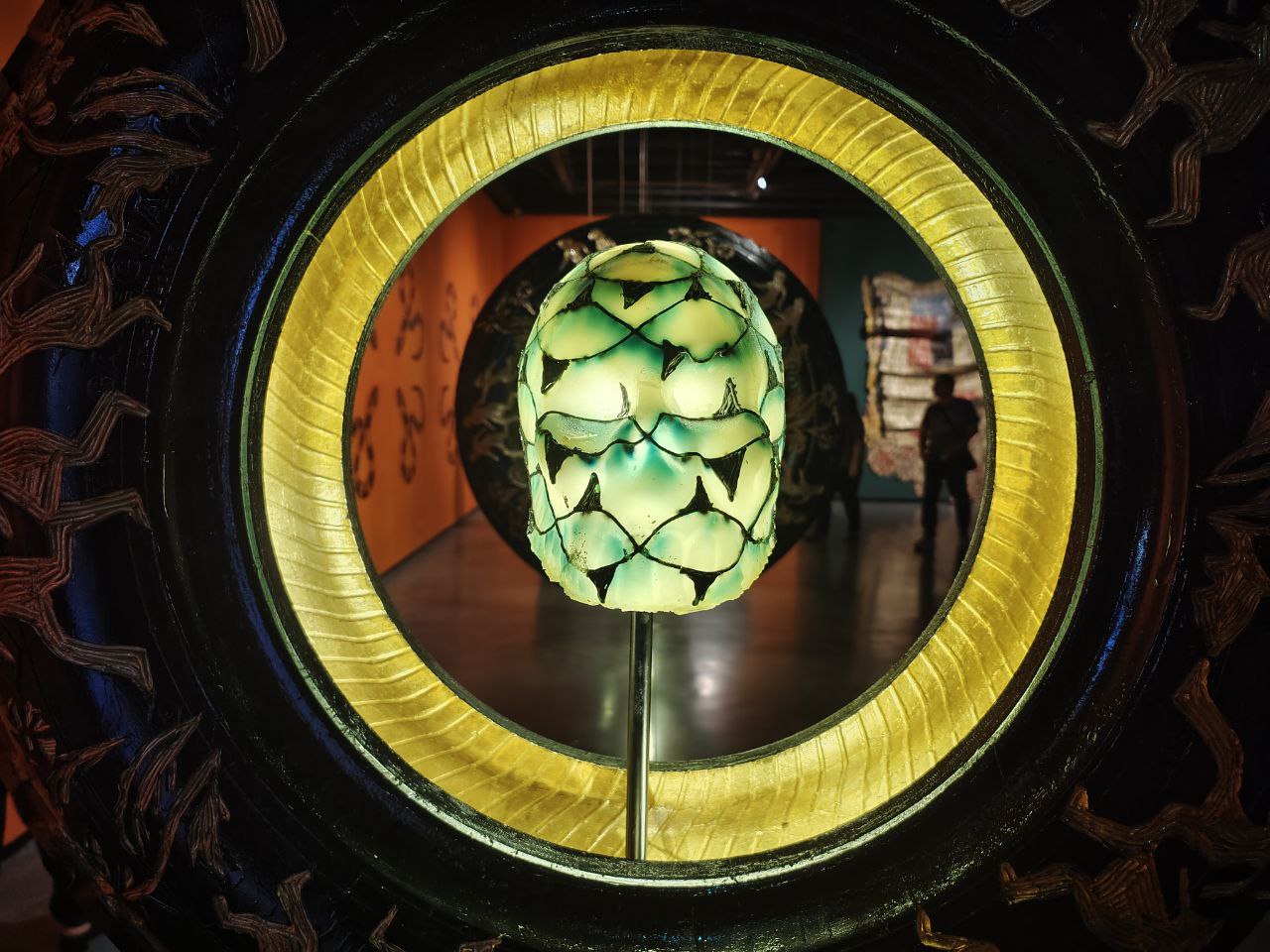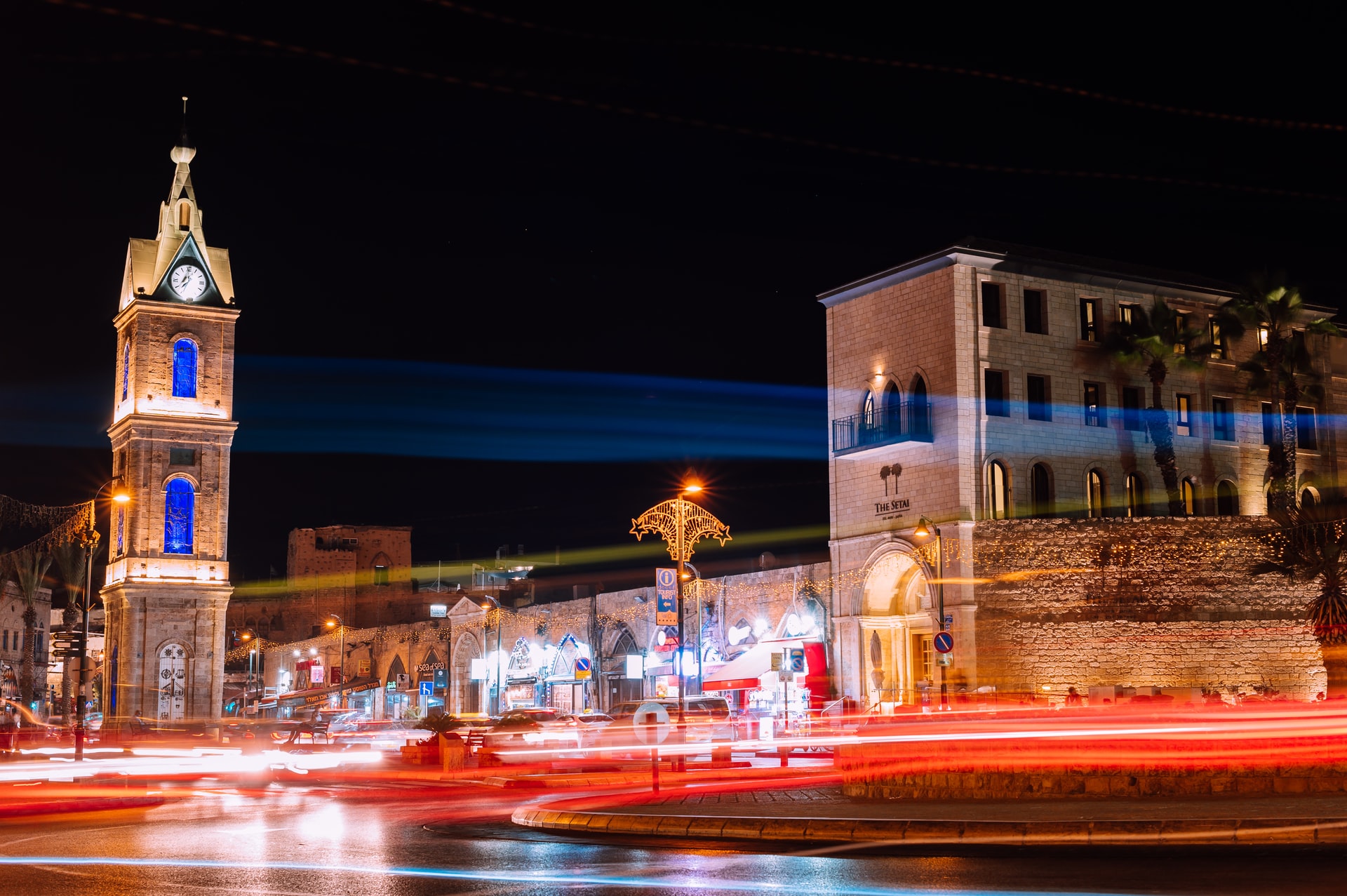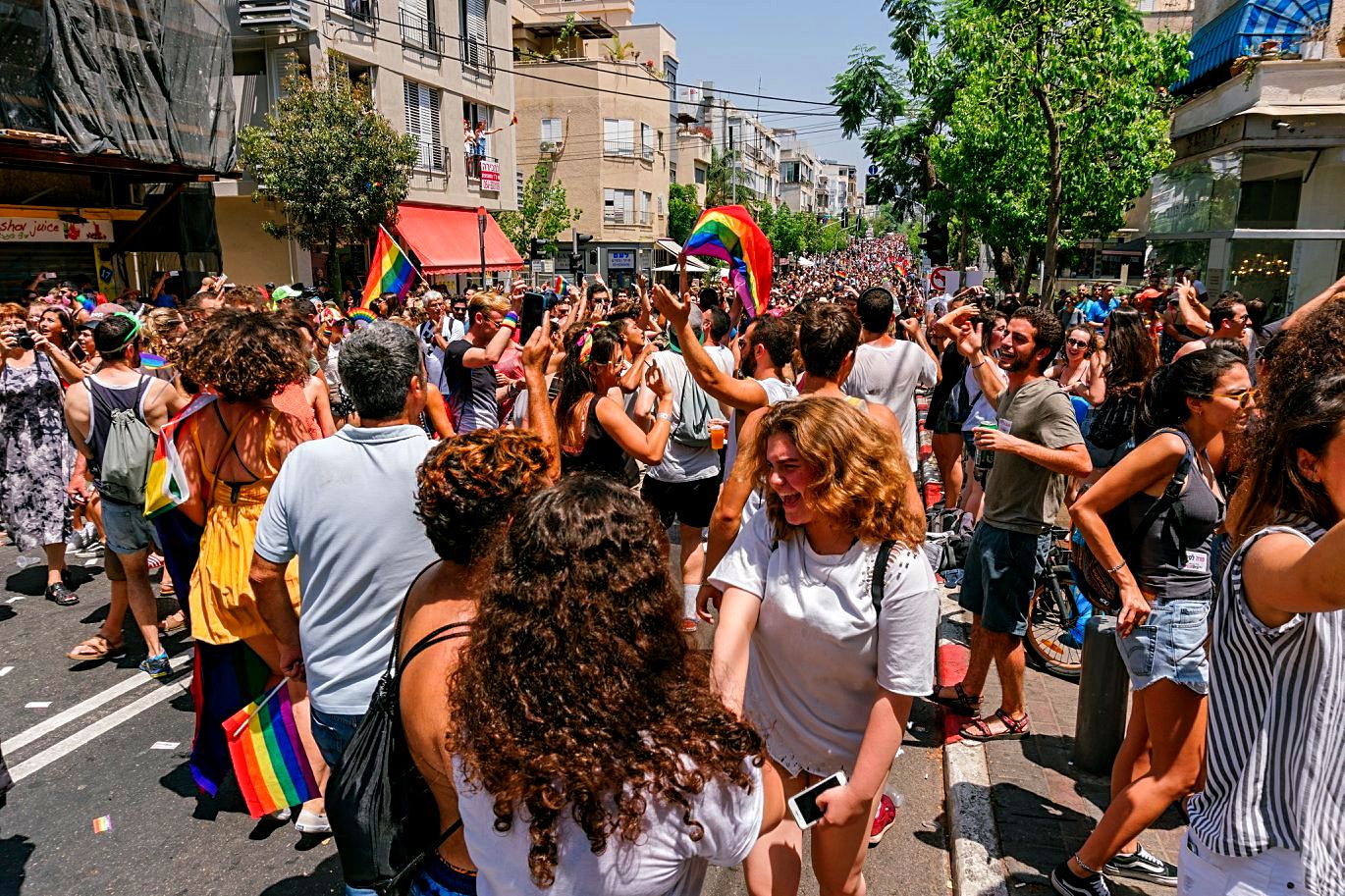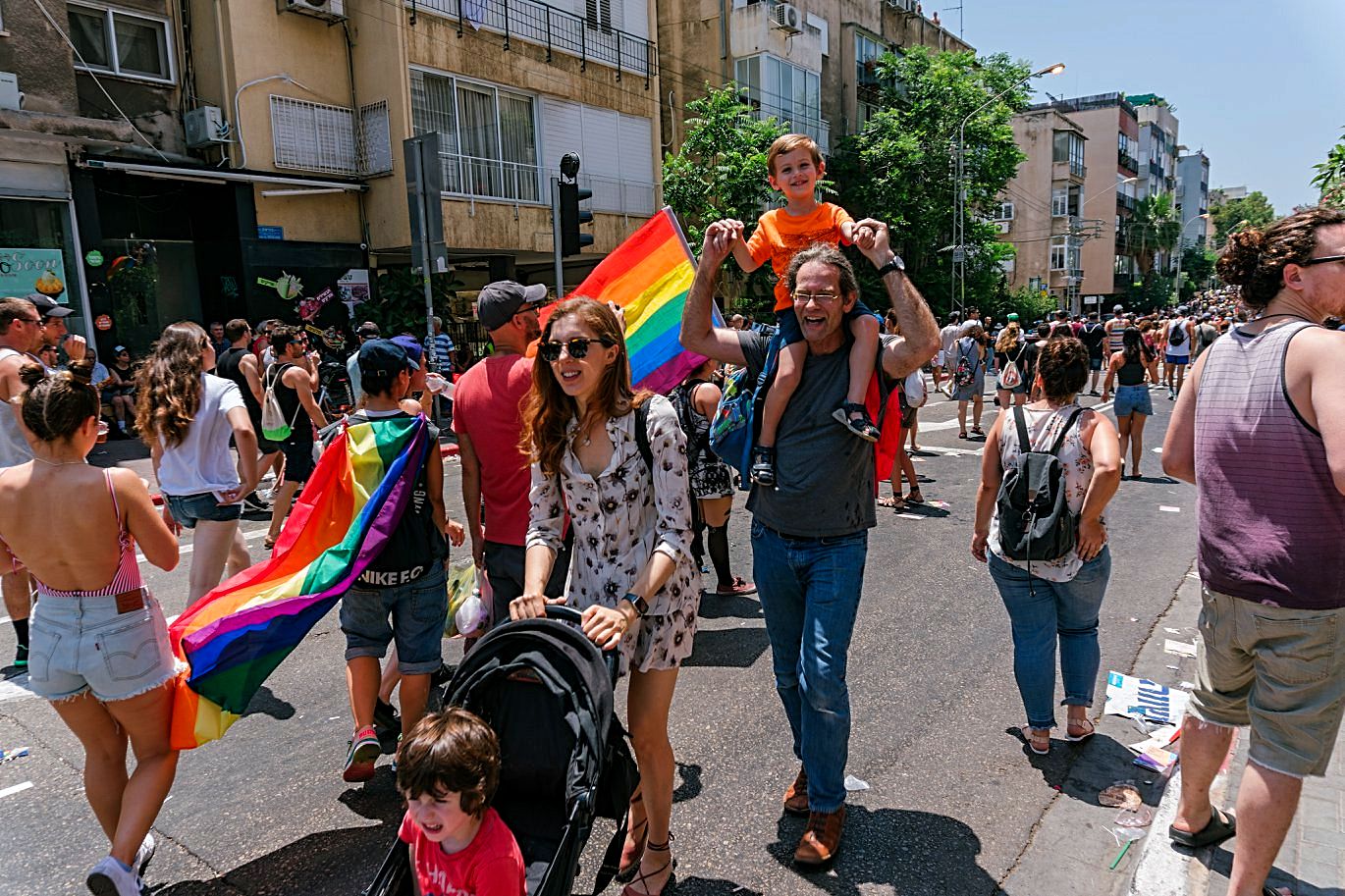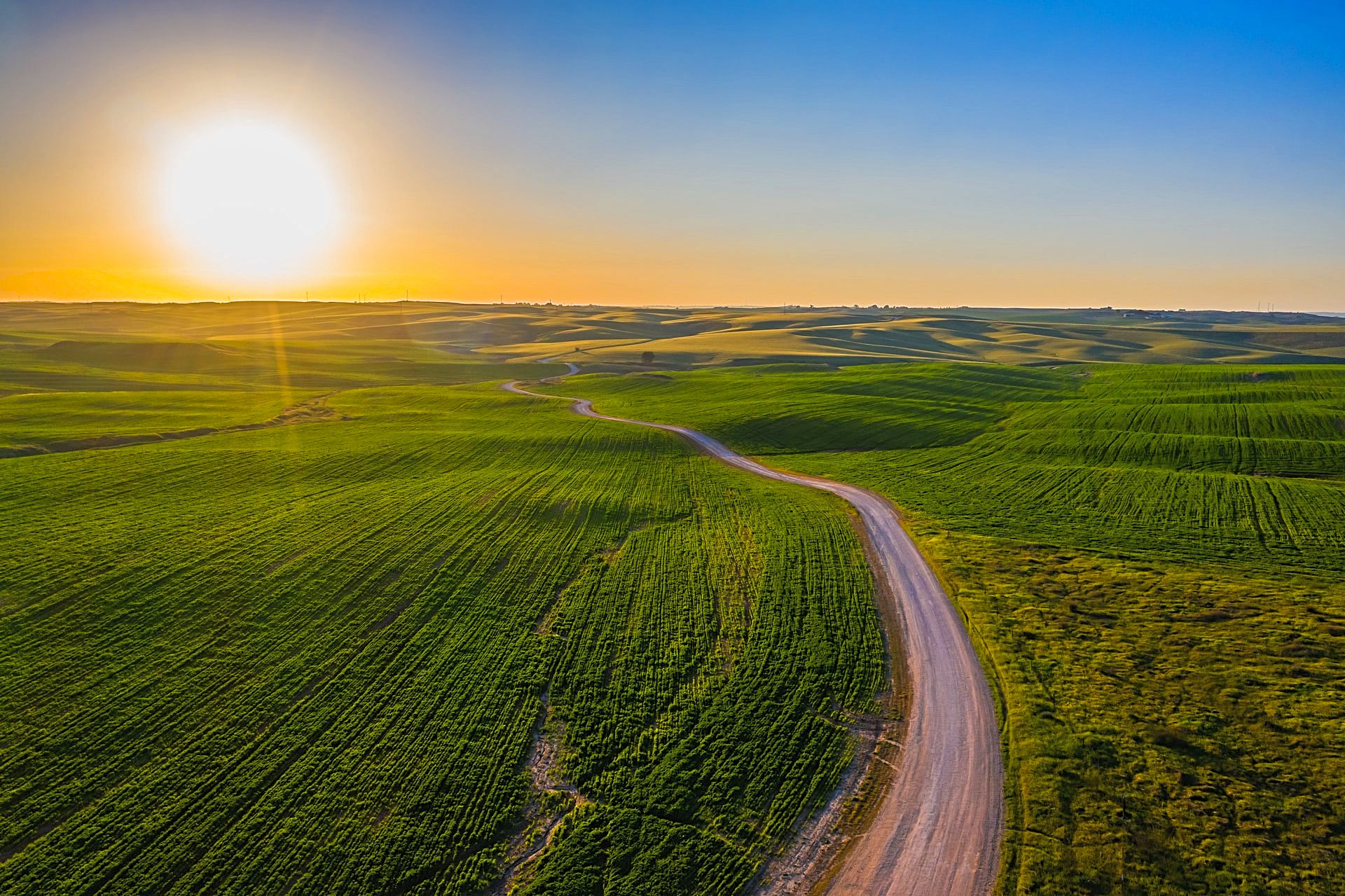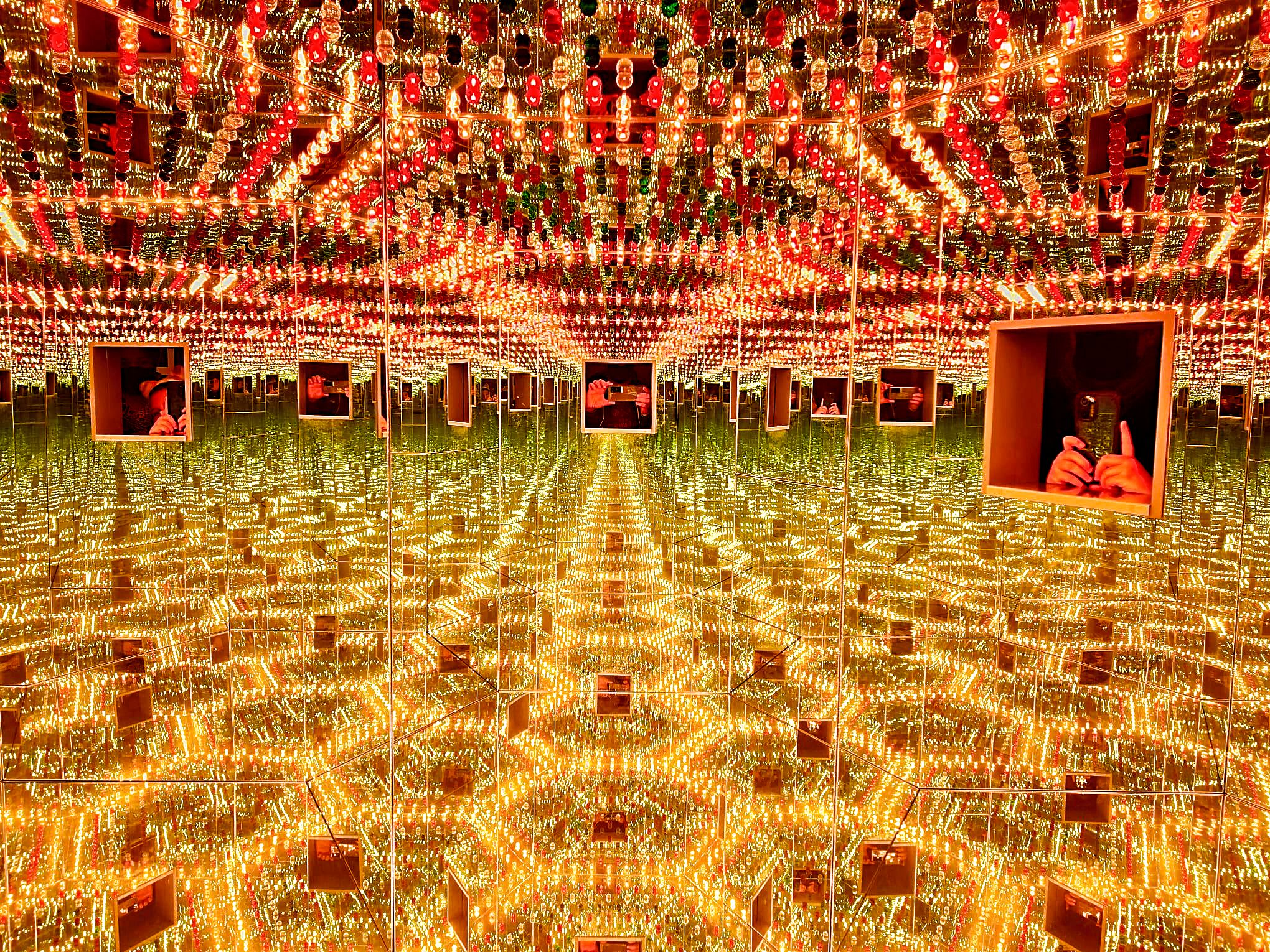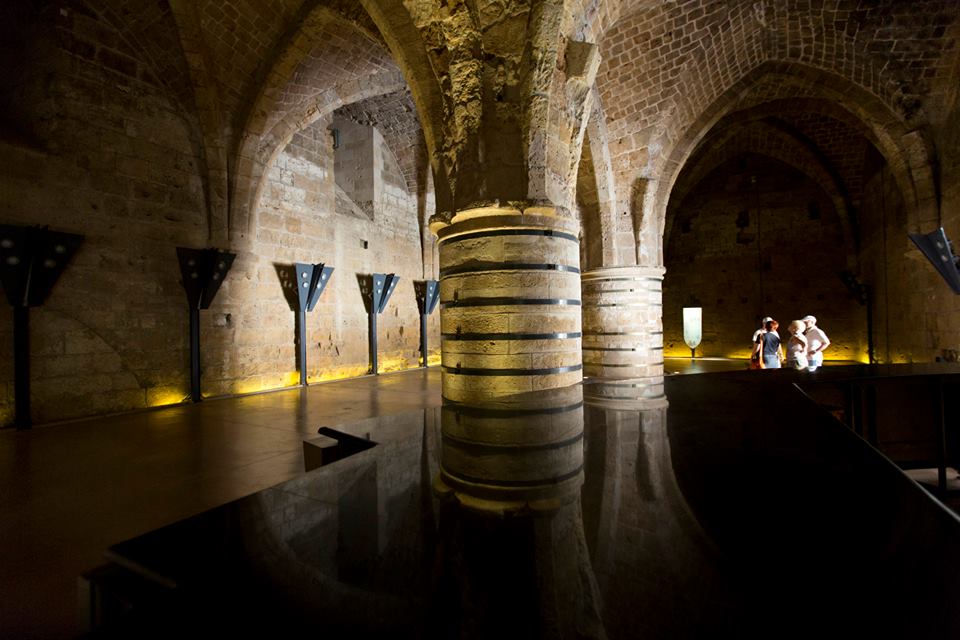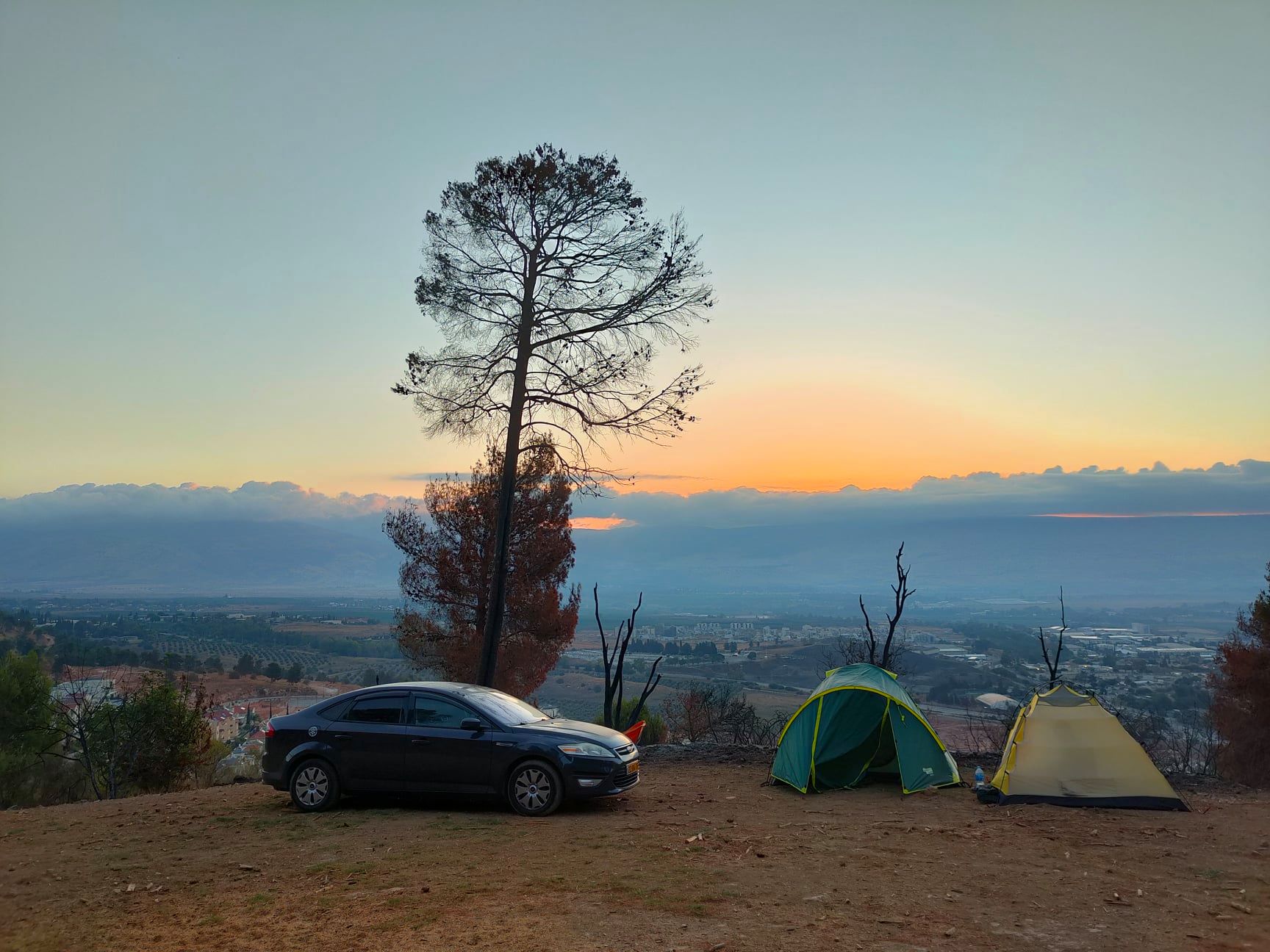May 2022 in Israel - What's Going On?
Springtime in Israel, particularly the month of May, is an absolutely fantastic time to visit the country. The rainy season has long passed, the sunshine is plentiful but it’s not terribly hot yet, in the way it can be in the high summer. With endless opportunities to enjoy the beach, explore the country and eat dinner outdoors on cool, breezy evenings, some would say it’s the perfect month to plan your perfect vacation in Israel.Sunset in the south of Israel. Photo byShai PalonUnsplashVisit Israel in the Spring!It’s also the ideal season for swimming in the Mediterranean Sea (the water is very pleasant), hiking inGalilee or Golan Heights, where flowers are blooming, visiting some boutique vineyards, or spending a few days in Jerusalem. If you’re there, why not wander the narrow alleyways of Nachlaot before grabbing a bite in theMahane Yehuda Market? There are also endless special events in Israel taking place - concerts, exhibitions, festivals, and one-off performances. If you’re down in the party city of Eilat, after a day of jet skiing, hanging out at the Dolphin Reef, or exploring nearby Timna Park, enjoy a cocktail by the Red Sea in Eilat, with breathtaking scenery in the form of desert mountains behind you.Here are a few of our recommendations for things to do in Israel in May - there’s something for everyone, trust us, so take a look at the list and get packing.Gray Dolphin in Eilat, Israel. Photo bySilviu GeorgescuonUnsplashJerusalem events in May 2022Jerusalem is the world’s most holy city for three major religions and a place packed full of historical sites, archaeological digs, and cultural treasures. And there is plenty going on there in May 2022.Jerusalem International Book ForumRunning from 15th to 18th May in the charming neighborhood of Mishkenot Shaananim, a stone’s throw from the Old City, Jerusalem International Book Forum is a week of professional and intellectual gatherings, with people from all different backgrounds across the world showing up in the capital. The forum offers workshops, panel talks, interviews, and social gatherings, looking at subjects such as podcasts, audiobooks, literature for young adults, and how to publish in a post-Covid world. With almost every event held in English, it’s the perfect event for anyone who loves books.Where: YMCA (26 King David Street) and Mishkenot Shaananim Conference Centre Flag of Israel at the Wailing Wall, Jerusalem. Photo byIvan LouisonUnsplashInternational Museum DayInternational Museum Day falls this year on the 19th of May and those participating in Israel (specifically in Jerusalem) and offering free entrance include the Bible Lands Museum, Bloomfield Science Museum, the Museum of Islamic Art, and the world-famous Israel Museum.Established with the intention of exposing the public to the cultural wealth of museums, it’s a great way to raise awareness of the place of the museum in our society, and not just for adults but for children too. The Israel Museum, in particular, is bursting with treasures, including the Model of the Second Temple, the beautiful Sculpture Garden, replicas of ancient synagogues, and the famous Dead Sea Scrolls, housed in a dedicated building.There are also free guided tours that take you through the four wings - Archaeology, Fine Arts, Jewish art and life, and the Youth Wing for Art Education, as well as a chance to see current exhibitions on masks, food, and castles! Fun fact: Did you know that there are more museums, per capita, in Israel than anywhere else in the world?Where: In museums across Israel (check website for details)The Shrine of the Book, Israel Museum, Jerusalem.Photo credit: © ShutterstockJerusalem Day, all across the City of Jerusalem (28th-29th May 2022)Jerusalem Day(‘Yom Yerushalyim’ in Hebrew) begins on the evening of 28th May and ends the following evening. Commemorating the reunification of the city, after the Six-Day War in 1967, today the capital takes center stage. There’s plenty in store for anyone visiting Jerusalem, including Jerusalem tours, tastings, live music, workshops, and an enormous parade (complete with floats, featuring veterans, local Yerushalmis, and Christian supporters of Israel).It’s a wonderful thing to see, with stages set up in city parks, old-time singers belting out the classics (including Naomi Shemer’s ‘Jerusalem of Gold’) and the kids will love it too since there’s plenty of face-painting on offer! And if you want to learn more about the history of Jerusalem, from the time of King David, head down to the Jaffa Gate - the parade always goes past the walls.Where: Across central Jerusalem and outside the walls of the Old City, at the Jaffa GateEntry of a synagogue in Jerusalem. Photo byLevi Meir ClancyonUnsplash“Which Came First? The Story or the Egg?” Exhibition at the Israel Museum, JerusalemRunning at the world-famous Israel Museum in Jerusalem, this exhibition focuses on prize-winning children’s books illustrator Hilla Havkin. Now she’s painting stories - on ostrich eggs! - and more than 20 of them are on display in this exhibition, each one focusing on a different story - including giraffes, bats, balloons, and kites. As the eggs rotate, surprises abound. What a wonderful exhibition!Where: The Israel Museum, Ruppin Boulevard 11, JerusalemSovev Cycling Event, Jerusalem (Friday 13th May 2022)If you love cycling, love Jerusalem, or love both, then Sovev is for you! This May, to celebrate spring, the city’s largest cycling event takes place, with routes that will take you through pastoral scenes, urban landscapes, and astonishing historical sites. There are three routes - 10km, 40km, and 50kms - and thousands of participants will join. Make sure to register early!Where: The gathering point for everyone is at the First Station in the German Colony.A palm tree in Jaffa, Israel. Photo byReiseuhuonUnsplashTel Aviv events in May 2022After a day at thebeach in Tel Aviv, stroll on itspromenade,learn about Bauhaus architecture in the White City or rent a bicycle and cycle toJaffa. You can also join one of the Tel Aviv special events listed below.DocAviv, Tel Aviv (26th May - 5th June 2022)Beginning on 26th May and running for 10 days, Docaviv in Tel Aviv will be showcasing a range of documentaries, many being their world premieres. Whether you’re interested in history, art, language, family, or politics, there’s going to be something there to intrigue you. This year’s opening film is ‘The Devil Speaks; Eichman’s Lost Confession’ which shows reels of footage of the infamous Nazi, talking to a journalist in Argentina, before his celebrated capture by the Mossad.Where: Cinematheque, 5 Ha’arba’a Street, Tel AvivEat Tel Aviv - A Tel Aviv Food Festival(8th May 2022)The ultimate festival for foodies, Eat Tel Aviv brings together many of Israel’s top chefs in one place, all attempting to woo visitors with their creations. For several days, down at Charles Clore Park, close to the Neve Tzedek neighborhood, you can enjoy live music, fantastic food trucks, and innovative dishes. Some of the top restaurants in Tel Aviv participate here, including Manta Ray (seafood), Vicky Cristina (tapas), and Dixie (burgers) as well as plenty of celebrity chefs. Tastings and street food. What’s not to like?Where: Charles Clore Park, Tel AvivJaffa port area. Photo byShai PalonUnsplashRooftop Yoga at City Hall, Tel AvivEvery Thursday beginning at 6 pm, at City Hall, next to Rabin Square, yoga lovers gather together, to enjoy an hour or two of free yoga classes and sessions on the roof of the municipality. Apart from the fact that there are great views over the city, it’s a good way to meet new friends.Where: Tel Aviv City Hall, Rabin Square, 66 Ibn Gvirol StreetWhite City Bauhaus Tours, Tel AvivEvery Friday at 10 am, beginning at the Bauhaus Center on trendy Dizengoff Street, a classic Bauhaus Tour takes place, beginning with an introductory movie and a map. You’ll then set off with your guide, and also armed with stereo headsets, connected to their microphone.You’ll be taken around the oldest boulevards and streets in the city - including Rothschild, Ahad Ha’am, and Nahmani - and learn about the history of the White City’s most prominent buildings in this style, built in the 1930s and ’40s by German Jews, who arrived in Tel Aviv just before World War II. The cost is 80 NIS (25 USD).Deep Purple Concert, Tel Aviv (Sunday 22nd May 2022)Founded in 1968, Deep Purple is truly a pioneer of the heavy metal scene (they also won a Guinness Record award for being the world’s loudest band). Next month, they will be performing at the Menorah Mivtachim Arena in Tel Aviv, to the delight of their many fans in Israel. So get ready for a night out, with a bunch of hard rock lovers.Where: Menora Mivtachim Arena, Tel AvivBlack horse carriage in Tel Aviv, Israel. Photo byAvi TheretonUnsplashEvents in Northern Israel in May 2022Whether you’re hiking in Galilee, tasting wines and cheeses on the farms of the Jezreel Valley, or kayaking down theJordan River, the Holy Land is waiting for you!Shivat Roim Dairy, northern IsraelBefore Shavuot arrives (in early June), why not head north to Shirat Roim (‘Shepherds Song’) up in the Galilee. It’s a boutique dairy, making fantastic sheep and goat cheeses, all without preservatives! It’s so good, it’s won prizes in Europe for its fabulous products. At their dairy on Kibbutz Lotem (near Karmiel), you can see the entire process (the making and the ripening), attend a workshop, and taste some samples. The ‘House of Cheese’ which is next door is open to the public on weekends and holidays. Yum! Where: Shirat Roim Dairy, Kibbutz Lotan, Western GalileeKayaking on the Jordan RiverThis is a really good activity for May because the weather is fantastic - not too hot and not too cold. It’s also a great experience for adults and kids - and the Jordan River is perfect for kayaking. Slide over small cascades, as your guide directs you through thick vegetation. Enjoy the fabulous views - the river banks are green and peaceful and if you’re lucky, you might even see a turtle!Where:the Jordan RiverView of the Golan Heights from Mount Bental.Photo credit: © ShutterstockYom Ha’Atzmaut (aka Israel Independence Day)Taking place this year on 4th-5th May, this is one of the most joyful days of the year, with celebrations that kick off at dusk and last through the night, followed by more celebrations the following day, in the form of a traditional Israeli ‘mangal’ (barbeque) at the beach, or in your friend’s back garden.All towns and cities in Israel have festivities, which include fireworks and concerts. In Jerusalem, there is the traditional torch-lighting ceremony atMount Herzl, attended by dignitaries, and in Tel Aviv, there’s a huge gathering atRabin Square(the square named after the late Prime Minister Yitzhak Rabin) with dancing and music.The following day, if you’re not a fan of barbeque, you can enjoy free entrance to certain museums, includingYad La Shiryonin Latrun (Israel’s official memorial for fallen soldiers) and theHall of IndependenceonRothschild Boulevard, where David Ben Gurion read out the famous Declaration of Independence in May of 1948.Where: Events all across the countryFireworks at the end of the 70th Independence day ceremony on Mt. Herzl. Photo byLavi PerchikonUnsplashJeep Tours, Golan HeightsThere are plenty of jeep tours you can take in Israel, but one we’d highly recommend is run by the company ‘No Other Land’ up in the Golan Heights, based on Kibbutz Merom Golan. It’s not just a great chance to explore northern Israel but really to see how locals, especially on kibbutzim, live in this part of the country.Guided by Ilan Shurman, who not only served in the IDF as a paratrooper but also holds a degree in Israel and Middle East Studies, he’ll give you plenty of history and geopolitics, with trips out to Qunietra (today a ghost town) and a stop outside one of the Israeli bunkers close to the border with Syria. This is a perfect family attraction and teenagers in particular, tend to love it!Where: Kibbutz Merom Golan,No Other Land Jeep Tours.International Yoga Festival in Israel, May 2022Israelis love yoga (seriously!) and this year, between 12th-14th May 2022 an enormous festival is taking place in the north of the country. Featuring teachers, lecturers, musicians, and workshops, people will gather together to learn and practice their skills for a long weekend, in the most pastoral of environments.A woman doing advanced yoga pose. Photo byARA CHOonUnsplashThe ‘yoga village’ at which it will take place is atGan HaShlosha National Park, one of Israel’s most beautiful nature reserves, which is located close to Mount Gilboa. The surrounding streams and astonishing waterfalls lend themselves to an atmosphere of happiness and tranquillity…and the festival is even promising a special ‘water compound’ with special sessions.The International Yoga Festival, along with all of the usual the ‘yogie’ activities, will feature music shows, a kid’s compound (complete with fun activities and shallow swimming areas), food stands (many of which are promoting vegan food), and a great artist’s fair, where you can purchase jewelry, clothing, and art.Wine Tours in the Carmel MountainsIsrael’s full of fabulouswineriesand what better thing to do than to take a tour of one, whilst enjoying the astonishing scenery? The Carmel Winery was founded by Baron Edmond de Rothschild in 1892, with the aim of helping farmers earn a long-term living, rather than relying on more simple crops.The Centre For Wine CultureinZichron Yaakovprovides guided tours and this includes a wine shop, restaurant, two specialist-tasting rooms, a small cinema, and a barrel room in an underground cellar. And Zichron itself is a lovely little town, so take a stroll afterwards on its midrachov (main pedestrianized street) or even head off toHaifa, which is just 30 minutes away.Where: Carmel Wintery, 2 Derek Ha Yekev, Zichron YaakovInterested in special events in Israel, private orday tours in Israel?Feel free to contact us!Flam Winery, Eshtaol, Israel. Photo by Eli Levit on Unsplash
